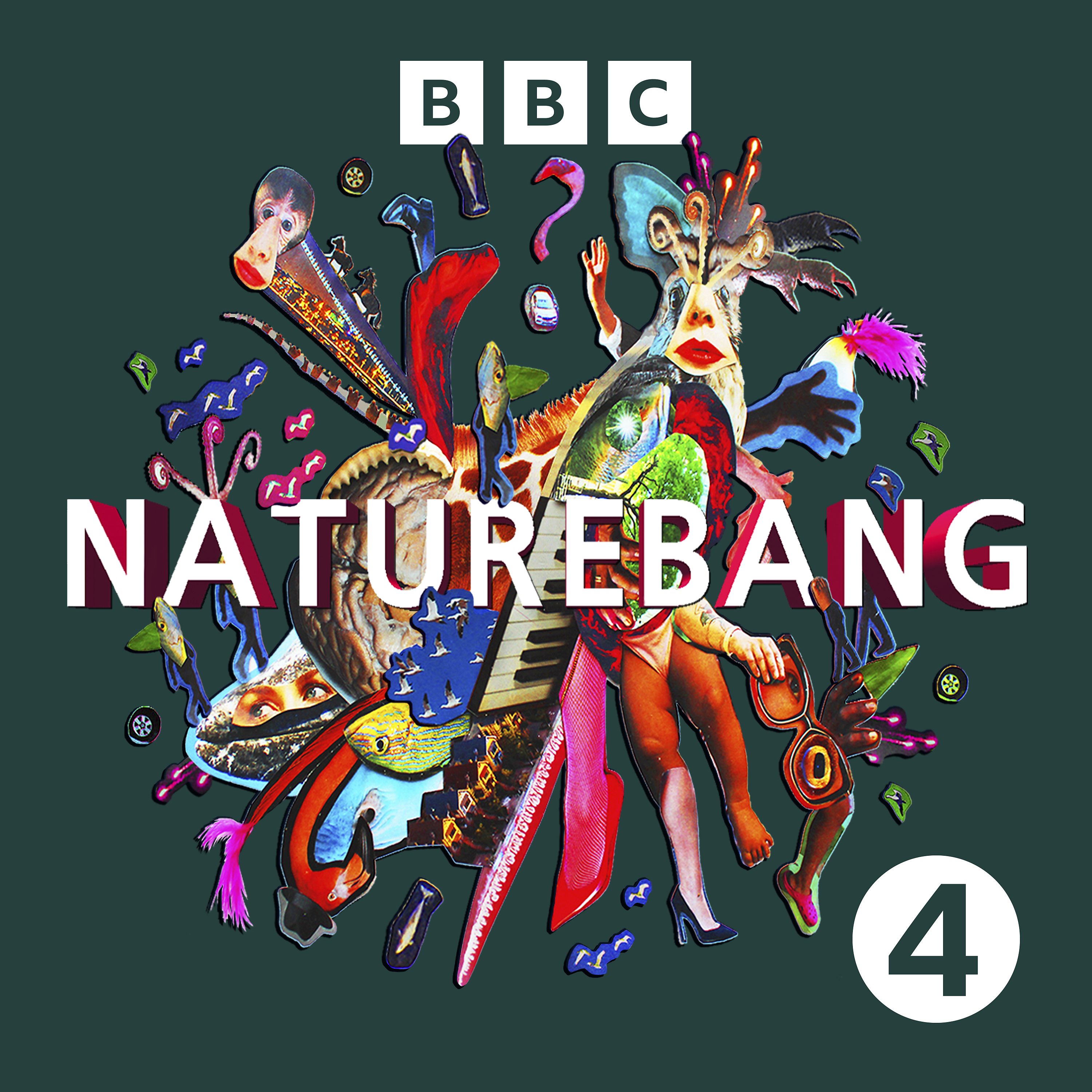Lazy Ants and the Power of Doing Nothing
Description
We've all seen the Attenborough documentaries, full of the hurrying and scurrying of life on earth, the drama constantly unfolding. The natural world is a BUSY place... Or is it?
The surprising truth is, away from the cameras, most animals spend most of the time doing absolutely nothing at all. It's not just the sleepy sloths and the cat-napping cats, even the critters with reputations for being the most industrious animals on the planet have an astonishing amount of down-time. Peer into the dark warmth of an ant's nest, for example, and you might be surprised to note that just under half of them... don't DO anything. Not a jot. They sit, still and silent, apparently contributing nothing to the colony. Evolution abhors wasted energy so... what's going on? Becky Ripley and Emily Knight search for answers among our insect friends.
On the human side of the equation, we're astonishingly bad at doing nothing. We fuss and fidget, we tap our fingers and twiddle our thumbs, trying to escape the horrible fate of being BORED. When animals are so good at efficiently conserving energy, why do so many of us find it so uncomfortable? Perhaps the answer lies in not trying to escape boredom at all, but embracing it, and its creative potential. Becky and Emily discover that it's only through boredom that we can tap in to an extraordinary set of neural processes known as 'The Default Mode Network', and access the most creative parts of our brains. Perhaps doing nothing is more exciting than we first thought.
Featuring Professor Dan Charbonneau, behavioral ecologist studying social insect behaviour at the University of Arizona, and Dr Sandi Mann, senior psychology lecturer at the University of Central Lancashire. Produced and presented by Emily Knight and Becky Ripley.
More Episodes
Becky Ripley and Emily Knight dig deep into the underground web of plant roots and mycorrhizal fungi networks. Here lies a 400 million year old market economy, founded on the trading of resources. Nutrients are traded for carbon. Carbon is traded for nutrients. And the exchange rate between the...
Published 08/02/24
Becky Ripley and Emily Knight explore whether we can ever know what others know, and how we figure out if they're telling fibs.
Beneath the surface of the ocean, darting around in the dappled sunlight of the reef, you can find some of nature's most prolific liars. The cephalopods. Squid, octopus...
Published 08/01/24
Published 08/01/24


